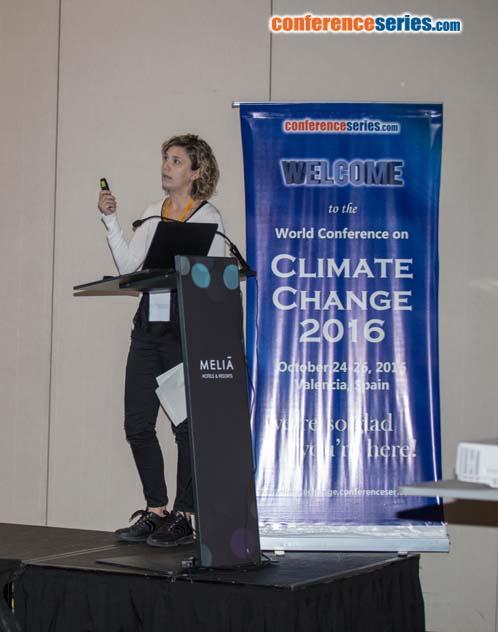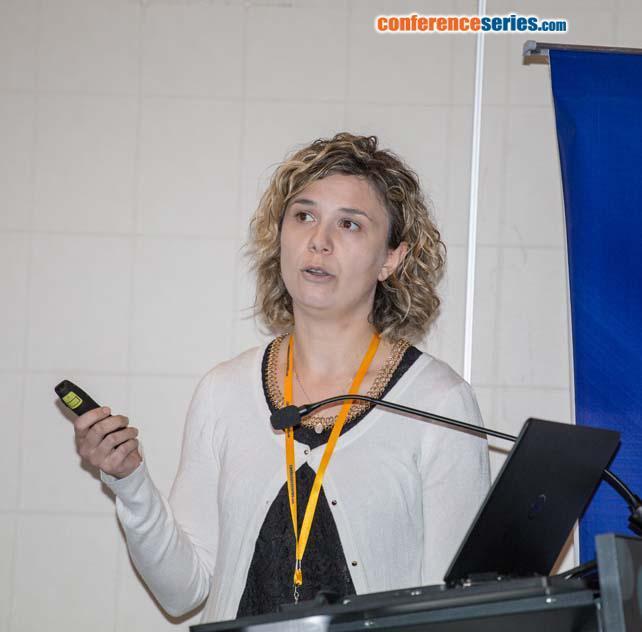
Trepekli Aikaterini
Democritus University of Thrace, Greece
Title: Evapotranspiration over Mediterranean coastal grassland - Bridging the gap between satellite and experimental data
Biography
Biography: Trepekli Aikaterini
Abstract
Decreasing precipitation, major increases in temperature extremes and wind intensity across Mediterranean region may lead to periods of abnormally dry weather, long enough to cause hydrological imbalances. Besides precipitation deficit, droughts can be stimulated by increased evapotranspiration (ET). In this study an energy balance algorithm (SEBS; Su, 2002) is assessed to predict ET and atmospheric turbulent fluxes using annual remote sensing data and standard meteorological information over a typical Mediterranean coastal grassland, susceptible to desertification. The model based estimates are compared with the independently tower-based flux observations using the eddy covariance method, cross checked with the variance method. The temporal-scale structure of ET is analyzed and the corresponding drivers are quantified using in situ measurements. Examination of the relationships among temporal patterns of meteorological variations and ET, and identification of significant events affecting the stationarity of the signal due to sea vicinity, are accomplished through wavelet analysis method. ET signals exhibit the strongest power in the band of 16-34 days at spring thaw and during the months where available energy, vapor pressure deficit, air temperature, are all maximized, reflecting the high water requirement for potential evapotranspiration. Temperature fluctuations are frequently highly positive correlated and in coherence with water vapor content but when ET reaches annual maxima values, they develop significant local variations and anti-phase relationship, plausibly attributed to advection. Regarding the non linear drought impacts to the physical environment, precise description of land–atmosphere interactions related to ET will advance our understanding about the water budgets over vulnerable type ecosystems.



